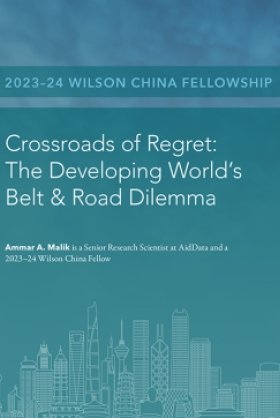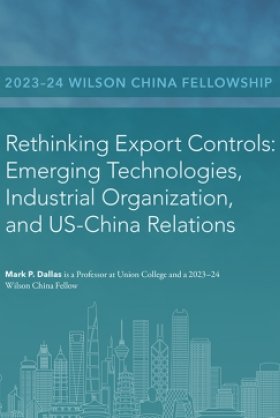The WTO and MEAs: Time for a Good Neighbor Policy
Potential and unnecessary conflicts loom between the international trade rules in the World Trade Organization (WTO) and the international environmental rules in the Multilateral Environmental Agreements (MEAs). These two important bodies of international law have different objectives and have evolved separately, without regard to one another. They also operate in very different ways.
Many in the environmental community believe that the WTO’s trade rules have a “chilling effect” on the ability of MEAs to deal with global environmental problems. And many in the business community believe that MEAs are sometimes developed without sufficient consideration either for trade rules or for business concerns.
It is critical to bridge these divides to avoid future conflict between the WTO and the MEAs. Indeed, the European Union has stated that these issues must be resolved in the next trade round. In addition, while the WTO-MEA relationship is a significant point of disagreement between the trade and environmental communities, it is by no means the only one. Other concerns include how the WTO affects domestic environmental and health regulations as well as its treatment of foreign investment.
The vast majority of actions taken pursuant to MEAs do not have trade implications, and most of the actions taken in the WTO do not have environmental implications. However, there is some overlap between these two bodies of international law, and this has drawn all the attention. These two systems of law are equally valid and have equally critical objectives; what is needed is for each to better respect the other’s jurisdiction. The WTO and MEAs are neighbors in the world legal community, and we need to better define their relationship so that these neighbors can operate in mutual support and harmony.
About the Author

William Krist
Former Senior Vice-President, American Electronics Association, Washington, DC

Environmental Change and Security Program
The Environmental Change and Security Program (ECSP) explores the connections between environmental change, health, and population dynamics and their links to conflict, human insecurity, and foreign policy. Read more










